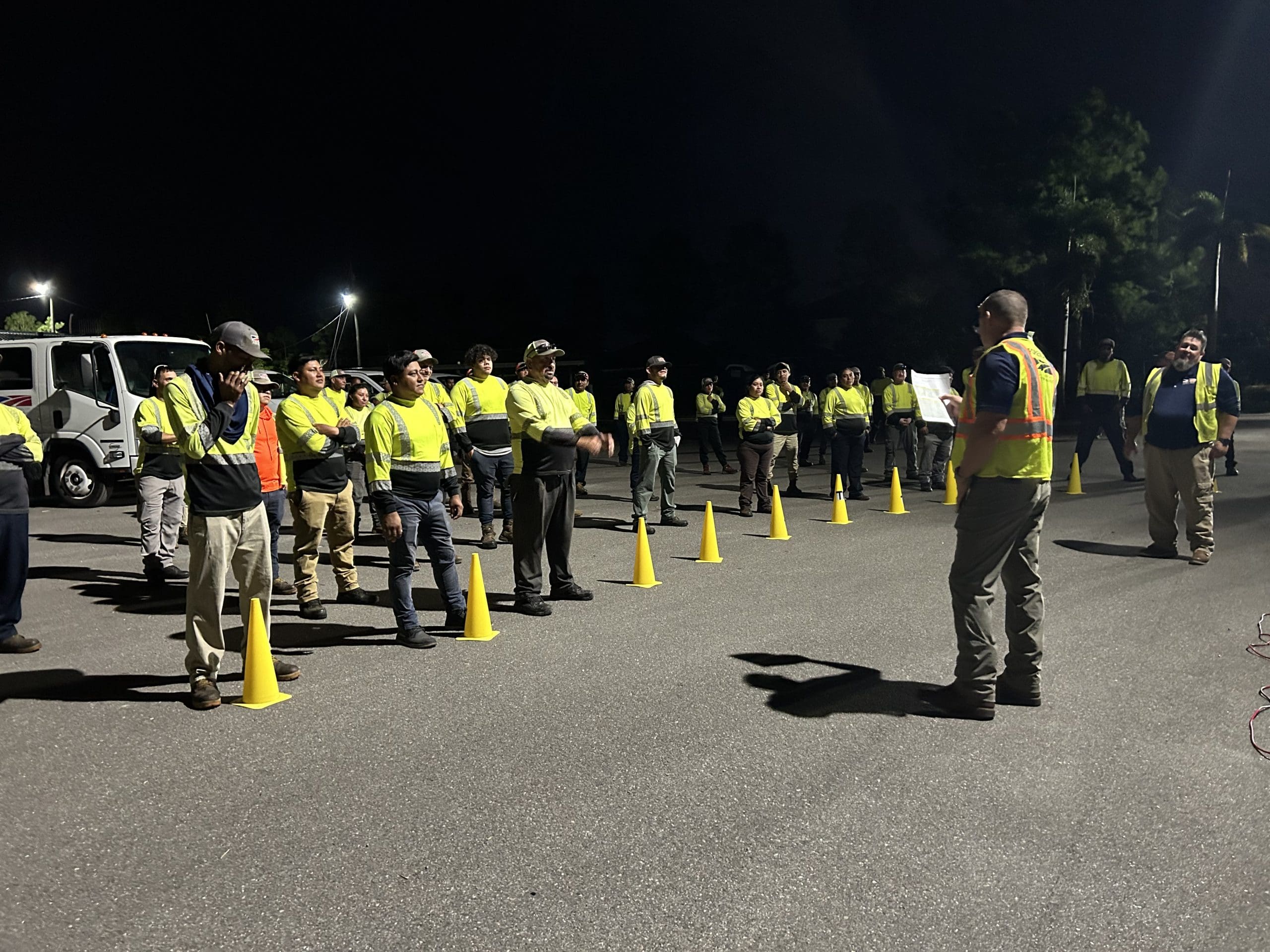
Poor employee attendance can be extremely detrimental to your company’s productivity as remaining crew members have to pick up the slack and you never know how much of your team will be present on any given day.
Even if a handful of your employees are tardy, this can result in later starts to the day and projects not getting completed on time. Learn some of the strategies that other landscape companies have implemented to improve their employee attendance.
Depending on your company’s size, resources and culture, some of these may not be feasible for your organization, but the concepts can be tailored to suit your needs.
Conduct Morning Roll Call
Prior to rolling out their solution, Antonio Zeppa, CEO of Zeppa’s Landscaping Service, based in Louisville, Kentucky, says about 20% of his workforce was showing up late. Now, he says they don’t have that problem anymore.

His key is a roll call that they conduct every morning at 7:31. That transitions into their morning stretches led by the closing manager. They also go around and every team member shares something their grateful for, which is translated in English and Spanish.
“Every single person, designer, brand new crew member, office manager, the entire team does a roll call,” Zeppa says. “Just that public accountability piece. I think that if somebody has showed up late for us one time, they will never show up late again.”
Zeppa knew the program was effective when he saw two employees who were chronically late running to the clock-in station to make roll call in time.
“It sounds goofy,” Zeppa says. “It sounds elementary, but there would be no reason for me to recommend it if it didn’t work. A simple roll call, regardless of the size of your company, helps. If you have a lot of people and it takes longer, that’s okay. Your issues are probably heightened if you have more people.”
Zeppa says his crews roll out at 7:45 a.m. They also do all their loading the night before, so the mornings are more streamlined.
Offer Incentives
ASI Landscape Management, based in Tampa, Florida, also struggled with employees showing up and surveyed their team to figure out what they wanted. Joe Chiellini, president and CEO of ASI, expected the answer would be more money, but the results ranked spending more time with family and having more time off work as more important.
Two years ago, during their strategic planning, a branch manager suggested rewarding employees who showed up with additional time off.
As a result, ASI created a program where employees who were present and on time for a month’s worth of scheduled work days earn one comp day, which is added to their PTO. Employees have the option to cash in their comp days for the money or they can use them to take time off and spend more time with family.
“It’s allowing people to take time off,” says Scott Arciniega, chief people officer for ASI. “It’s allowing people to get more money if they want and is also getting people to come to work.”
ASI employees can earn a maximum of 12 comp days through this program and it refreshes each year. If an employee takes a comp day a certain month, they can’t earn a comp day that month despite their absence being scheduled.
“We as landscapers and business owners have to get out our own way and go, ‘How do I get my people to come to work?’” Chiellini says. “We have to get out of this mindset that we’re paying them to come to work. At the end of the day, it saves us overtime. It keeps morale up. It keeps our property looking good. The quality is better because you got enough people.”

Chiellini says you have to think outside of the box and survey your team to find out what matters to them and find a way to create a better work environment.
During the summer months, they found they were still missing about 10% of their workforce. ASI started a raffle where they gave out five $500 payouts to everyone who came to work on time the previous week. Chiellini says there wasn’t a set day of the week for their Wheel of Fortune giveaway and employees had to be present that day to receive the pay out.
“It would cost us $10,000 a month, $2,500 a week,” Chiellini says. “We were spending $30,000 to $40,000 in overtime depending on the month, so we brought our overtime down to $10 to $15,000 a month.”
Create A Vanpool Program
If transportation is a major issue for your workforce, opting to create a vanpool program can help with this obstacle.
“When we implemented the program, our employee attendance and retention improved,” says Carmen Kesteven, HR manager for Environmental Enhancements, Inc., based in Sterling, Virginia. “What better way to get loyal and engaged employees? We provide them transportation so they come to work and get a paycheck to support their loved ones. The company can continue to keep clients happy also!”
Environmental Enhancements has two Ford Transit vans that allow them to carry at least 15 employees. They currently have 12 employees taking advantage of the program. Make sure team members taking advantage of the vanpool program understand they need to be ready to be picked up on time.
Increase Accountability
In some cases, improving employee attendance rates simply calls for increasing accountability. Erika Storms, talent acquisition specialist with Eichenlaub, based in Pittsburgh, Pennsylvania, says they increased hiring and started to hold people accountable for tardiness and unscheduled absences at the beginning of this year and noted an immediate change.
“Our biggest issue in previous seasons would have more to do with accountability, between tardiness and unscheduled absences and tolerating more than maybe we should have due to labor shortages,” Storms says.
Storms says you need to hold team members accountable but be willing to talk to them about issues they are having with making it to work on time or missing work.


